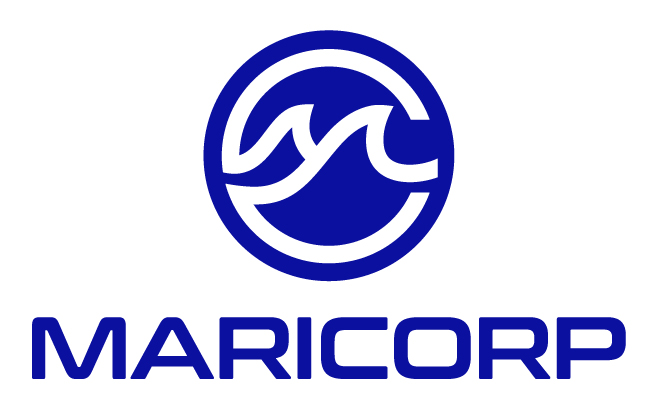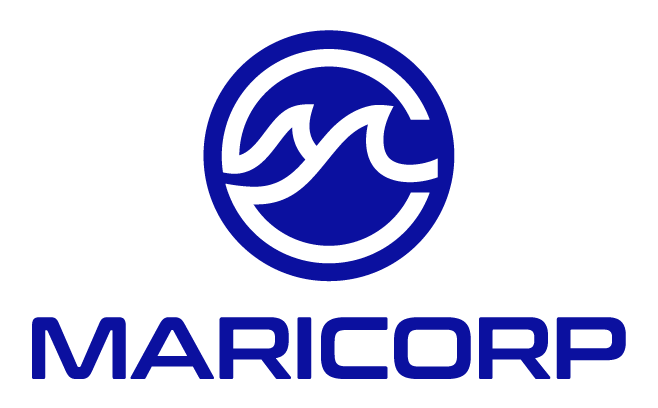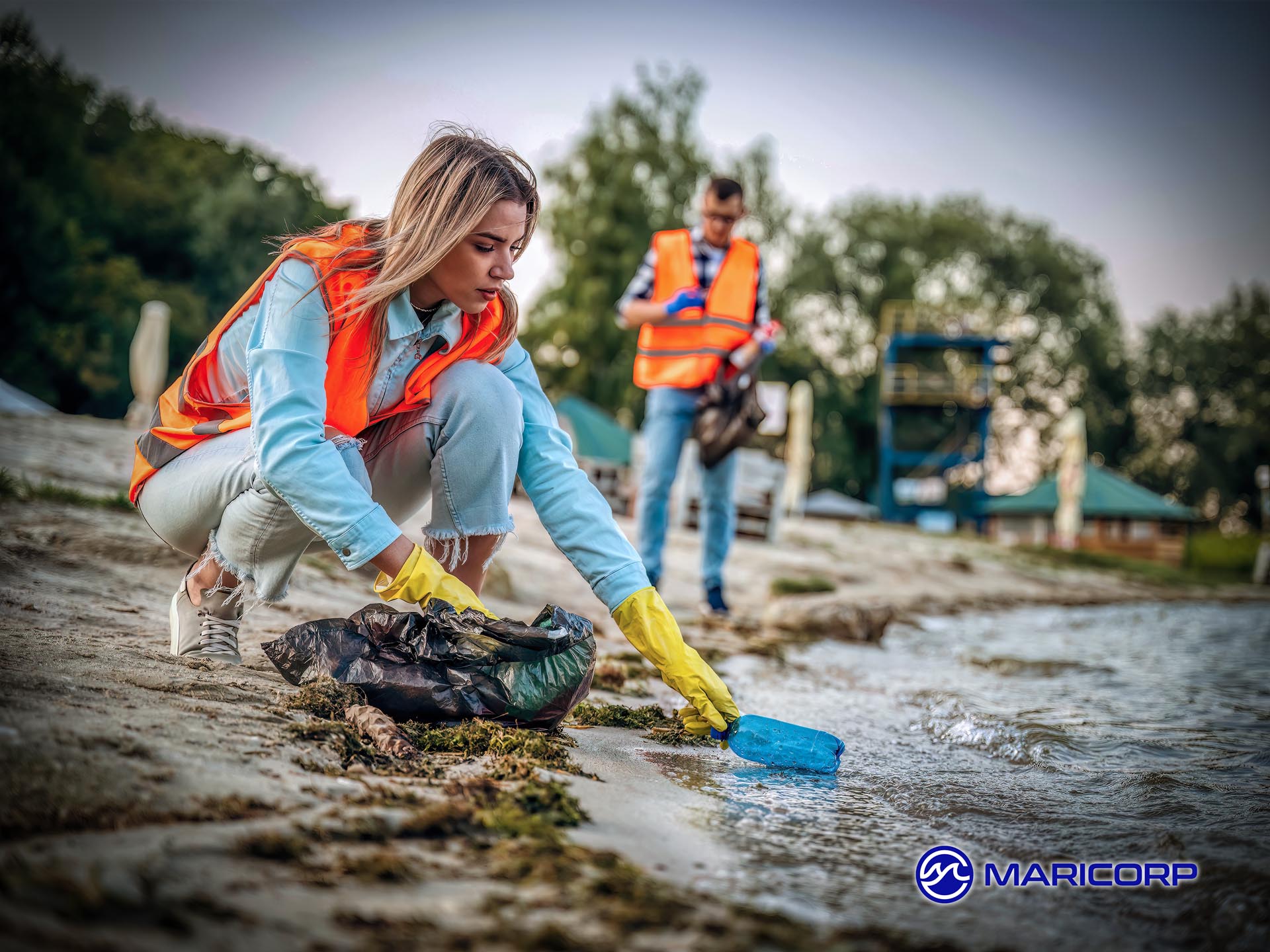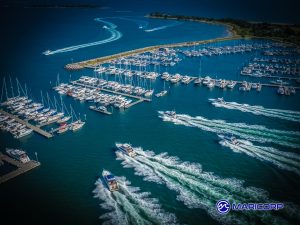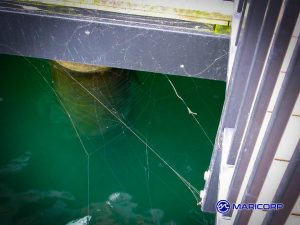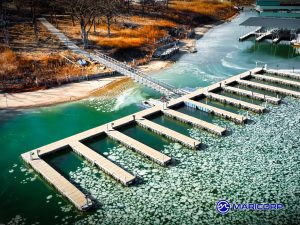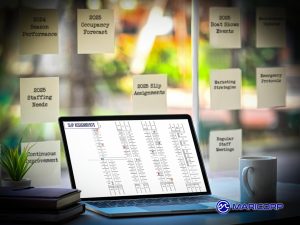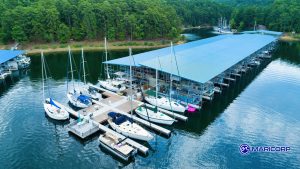National Marina Clean Up Weekend 2025
While there’s no federally designated National Marina Clean Up Weekend, many marinas embrace the spirit of the event in mid to late summer. The Ocean Conservancy encourages marina owners and boaters to organize post Fourth of July clean up efforts as part of its Trash Free Seas initiative. Though the campaign primarily targets ocean marinas, the same principles, removing marine debris, engaging the boating community, and promoting sustainable habits apply just as urgently to freshwater marinas, reservoirs, and river harbors.
More Than Trash Bags and Gloves
Every August, marinas across the country roll up their sleeves and head to the docks, not just for routine maintenance, but for something far more impactful: a marina clean up. Timed to align with National Water Quality Month, this grassroots campaign rallies marina teams, boaters, and volunteers around one shared goal, protecting the waters we all depend on.
A marina clean up is more than a shoreline sweep. It’s an act of stewardship. From skimming plastics off the water’s surface to hauling rusted debris from the harbor floor, these efforts serve as a reminder that marinas are not only hubs for recreation, but also frontline defenders of the local ecosystem.
August is a smart time to act; boat traffic is still high, floating trash is more visible, and families are out enjoying their final weeks of summer. When marinas lead the charge with a well organized marina clean up, they not only improve their immediate environment but also show boaters what real clean boating practices look like in action. And that kind of leadership tends to float.
Planning a Clean Up That Makes a Difference
A successful marina clean up doesn’t start with a trash bag, it starts with a plan. Whether you’re organizing a small team of staff or a public facing event with dozens of volunteers, preparation ensures your efforts leave a lasting impact and set a standard for future clean ups.
Start by identifying your marina’s trouble spots. Storm drains that empty into the harbor, heavily trafficked slips, and vegetation lined shorelines often collect debris faster than they’re maintained. Walk the site a few days before the marina clean up and take note of items that require more than manual pickup, like sunken shopping carts, abandoned dinghies, or fuel stained boom floats.
Partnering with local dive shops, conservation groups, or scout troops can add both manpower and outreach value. Underwater trash retrieval and sorting stations at the dockside help raise awareness about where litter ends up and how it can be prevented. It’s also an excellent opportunity to hand out materials on clean boating practices, like bilge pad use or proper waste disposal, especially when participants are already engaged with the marina clean up effort.
If your clean up is open to the public, provide gloves, buckets, water, sunscreen, and a sign in table. Consider offering a small giveaway, t-shirts, water bottles, or marina branded key floats, as a thank you to participants. A little appreciation can turn a one time helper into a year round marina clean up ambassador.
Tackling Trash Above and Below the Surface
Not all pollution floats. One of the most important aspects of a comprehensive marina clean up is understanding that surface skimming only addresses part of the problem. The real work often lies beneath the waves where lost gear, fishing line, fuel soaked debris, and even sunken personal items collect unnoticed over time.
Marinas that partner with local divers or environmental groups can dramatically increase their impact. Organizing a “dive day” as part of the marina clean up allows for targeted underwater collection near boat slips, fuel docks, mooring fields, and swim areas, places where boaters are unlikely to notice what’s accumulating below. Dive teams often recover tangled ropes, folding chairs, coolers, boat parts, and plastic containers, items that not only degrade the environment but can damage props or entangle wildlife.
Above the surface, volunteers can focus on shorelines, retaining walls, and walkways, which tend to catch runoff and windblown debris. Setting up visual signage and educational displays during the marina clean up helps connect the physical labor to the bigger picture: clean boating practices like securing trash, checking fuel fittings, and stowing lightweight gear before departure all help reduce future buildup.
Be sure to properly dispose of or recycle materials collected, and if you’re organizing future marina clean up events, keep a running log of common items found. Patterns can tell you whether the problem is upstream litter, dockside neglect, or boat based discharge and that kind of data helps tailor future prevention.
Educating Boaters While They’re Watching
One of the unexpected perks of hosting a marina clean up event is the captive audience, your everyday slip holders, transients, fuel dock customers, and curious passersby. Instead of handing out printed materials at random times during the season, you now have a golden opportunity to educate people while they’re actively engaged or at least watching someone else do the heavy lifting.
Set up a table near the action with visuals explaining what’s being pulled from the water and why it matters. A simple before and after photo board, a few labeled jars of collected debris, or even a running total of pounds removed during the marina clean up can spark conversation. Add in handouts or QR codes linking to clean boating practices, such as:
-
How to prevent fuel and oil spills with bilge socks
-
Where to dispose of fishing line and used batteries
-
Why it’s important to pump out—not dump out
-
Tips for securing gear before heading out
If your marina clean up event is hosted near your marina’s public area, consider giving a brief “dock talk” or inviting your harbormaster or environmental manager to answer questions. Even five minutes of conversation about proper fueling or responsible trash disposal can make a lasting impression on new boaters and seasoned cruisers alike.
And don’t forget signage. Laminated reminders posted near fuel docks, wash down stations, and trash bins, especially during marina clean up weekends, help reinforce the connection between boater behavior and water quality. You’re not just cleaning up; you’re coaching a more responsible community.
Fuel, Runoff, and the Stuff You Can’t See
Trash is easy to spot, but it’s not the only threat to marina waters. Fuel sheen, detergent residues, and nutrient rich runoff often escape notice, yet these invisible pollutants can be just as damaging as floating debris. That’s why any effective marina clean up strategy should also include a conversation about what’s entering the water that doesn’t come wrapped in plastic.
Start with stormwater. Rain events wash oil, sediment, and chemicals from parking lots and walkways directly into the water, especially in marinas without well maintained catchment systems. Cleaning gutters, unclogging filters, and installing vegetative buffer zones can dramatically improve runoff quality. Encourage your maintenance crew to treat stormwater management as part of your regular marina clean up checklist, not just a once a year inspection.
Fuel management is another critical area. Spills at the dock are often caused by overfilling, loose fittings, or missing absorbent pads. A visible and stocked fuel spill kit, combined with routine staff training, makes a big difference. During your marina clean up weekend, it’s a good idea to inspect your fueling area and replace any expired spill response gear.
This is also a great time to promote bilge maintenance. Offering discounts on bilge socks or conducting free inspections helps reinforce your commitment to clean boating practices. After all, it’s not just about removing what’s already in the water, it’s about preventing the next contaminant from entering it in the first place.
Turning Clean Up into Community Culture
A single weekend of debris collection is valuable but the long term win comes when a marina clean up becomes part of your marina’s culture. Regularly scheduled events, peer led initiatives, and positive reinforcement help shift environmental care from a task into a habit.
Encourage slip holders and transient boaters to “adopt a slip,” taking a moment each week to pick up visible debris in their area or report maintenance issues like fuel sheens, overflowing bins, or leaking hoses. Some marinas even keep grabbers and gloves near the dock office for spur of the moment trash collection. Whether formal or informal, these mini marina clean up moments keep your facility looking great and your waters clearer year round.
Staff recognition is equally important. If your dockhands or yard crew take the initiative to maintain high environmental standards, highlight them in your newsletter or social media. Share before and after photos or a running tally of how much waste has been collected since your last marina clean up. This kind of storytelling not only builds morale but also reinforces the message that clean boating practices are everyone’s responsibility, not just a job for volunteers once a year.
By turning your marina clean up into an event people anticipate and a conversation they continue, you’ll foster an atmosphere where protecting the water is just part of boating life. It’s not about preaching sustainability. It’s about living it, one slip, fuel dock, and shoreline at a time.
Promoting Your Marina Clean Up
Even the best planned marina clean up won’t make an impact if no one shows up. Promotion is just as essential as preparation—and luckily, marinas have a built in communications network that makes outreach easier than you might think.
Start with your regular channels: email newsletters, slip holder texts, and your marina’s social media accounts. A short video or teaser post showing previous events or even just a dockhand holding a trash bag, can go a long way. Announce the date, share volunteer details, and explain how participating in the marina clean up helps preserve the waterway everyone enjoys.
Flyers posted near high traffic areas like the ship’s store, fuel dock, and bathhouse also catch attention. If your marina clean up includes giveaways or community partners (like local restaurants offering discounts or coffee for volunteers), be sure to mention them. The more festive and inclusive the event feels, the more likely people are to show up.
You can also reach beyond your marina. Tag local conservation organizations, environmental clubs, or nearby waterfront businesses. Expanding awareness beyond your dock not only boosts turnout, it positions your marina as a leader in community stewardship.
Turning Marina Clean Up into Community Culture
A single weekend of debris collection is valuable but the long term win comes when a marina clean up becomes part of your marina’s culture. Regularly scheduled clean ups, peer led initiatives, and positive reinforcement help shift environmental care from a task into a habit.
Encourage slip holders and transient boaters to “adopt a slip,” taking a moment each week to pick up visible debris in their area or report maintenance issues like fuel sheens, overflowing bins, or leaking hoses. Some marinas even keep grabbers and gloves near the dock office for spur of the moment trash collection. Small gestures, repeated often, lead to big results.
Staff recognition is equally important. If your dockhands or yard crew take the initiative to maintain high environmental standards, highlight them in your newsletter or social media. Share before and after photos or a running tally of how much waste has been collected throughout the season. This kind of storytelling not only builds morale—it reinforces the message that clean boating practices are everyone’s responsibility, not just a job for volunteers once a year.
By turning your marina clean up into an event people anticipate and a conversation they continue, you’ll foster an atmosphere where protecting the water is just part of boating life. It’s not about preaching sustainability. It’s about living it, one slip, fuel dock, and shoreline at a time.
Reporting Results and Sharing Impact
After the last bag is tied and the final dock is hosed off, don’t let the story end. Reporting your marina clean up results, how many pounds of debris were collected, what items were most common, how many volunteers participated, helps amplify your impact and set benchmarks for future events.
Use photos, short videos, or even simple stats to share results via your website, newsletter, or social media pages. This not only recognizes the people who contributed, but shows your commitment to transparency and continued improvement. A few well placed posts might even encourage a neighboring marina to organize a clean up of their own.
Some marinas submit their totals to regional waterkeeper alliances or conservation groups, contributing data that can shape statewide or national efforts. Others use the opportunity to invite feedback from boaters: How can we make next year’s marina clean up better? What environmental concerns are you noticing?
When clean boating practices are paired with visible results, it creates a feedback loop of participation, pride, and progress. And that’s something your marina can build on year after year.
Every marina relies on clean water, healthy ecosystems, and a community that cares. Whether your clean up crew pulls out pounds of plastic or just a handful of old rope, it’s the message that matters: this is a place where stewardship isn’t just encouraged, it’s expected. By combining small acts of service with shared responsibility, your marina clean up efforts help shape a safer, more sustainable boating environment for everyone. And with consistent follow through and a focus on clean boating practices, your marina doesn’t just host a clean up, it becomes the kind of place people are proud to keep clean.
Related Articles:
- National Clean Beaches Week
- Fuel Dock Safety Best Practices
- Mid Season Marina Maintenance Tips
- Slip Trip and Fall Prevention Tips
About MariCorp
Maricorp is one of the largest floating boat dock manufacturing and construction companies in the United States, specializing in galvanized steel floating docks and boat lift systems. With projects spanning coast-to-coast, Maricorp provides marina consultation and design, marine construction, marina repair and renovation, and boat dock disaster response and demolition.
